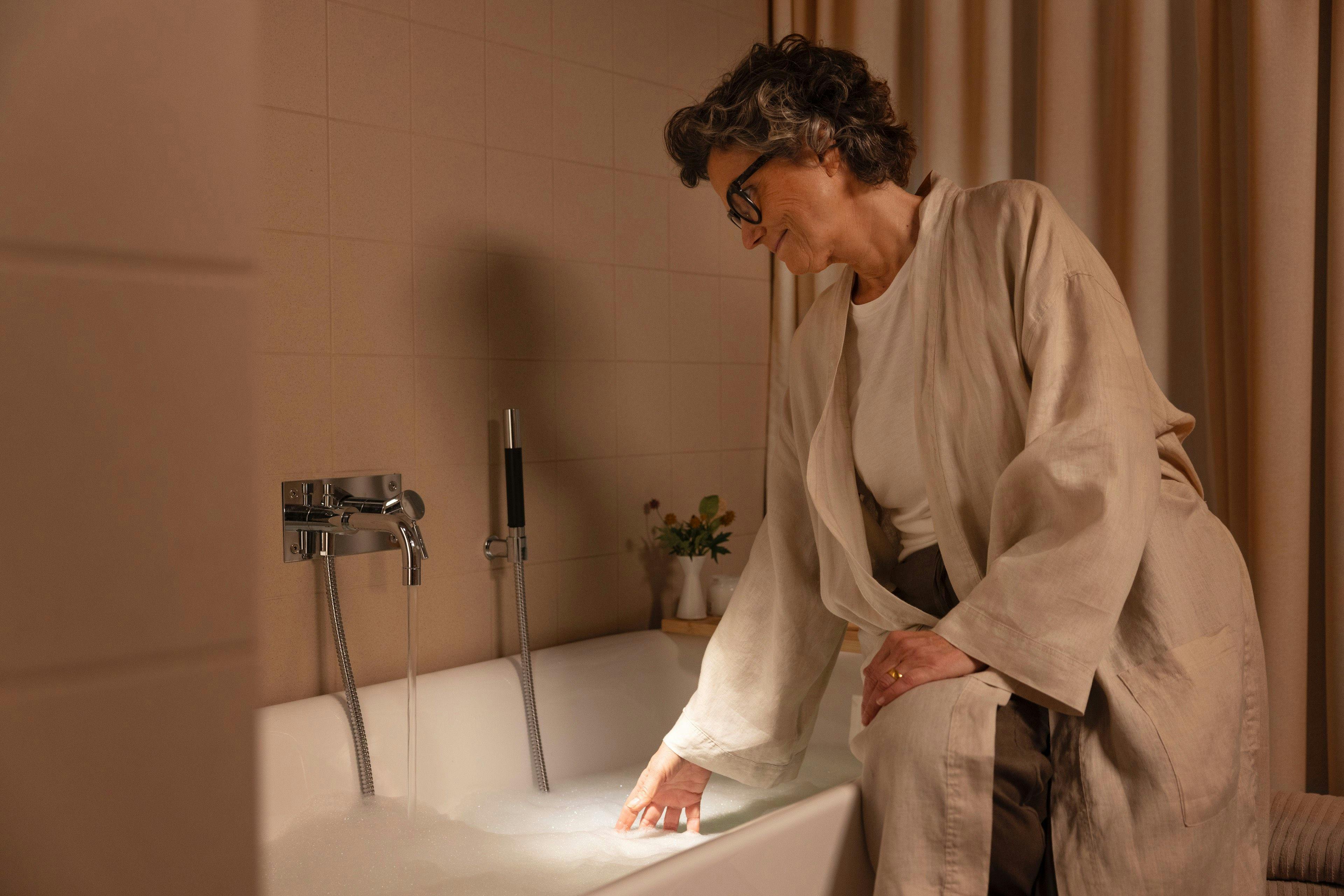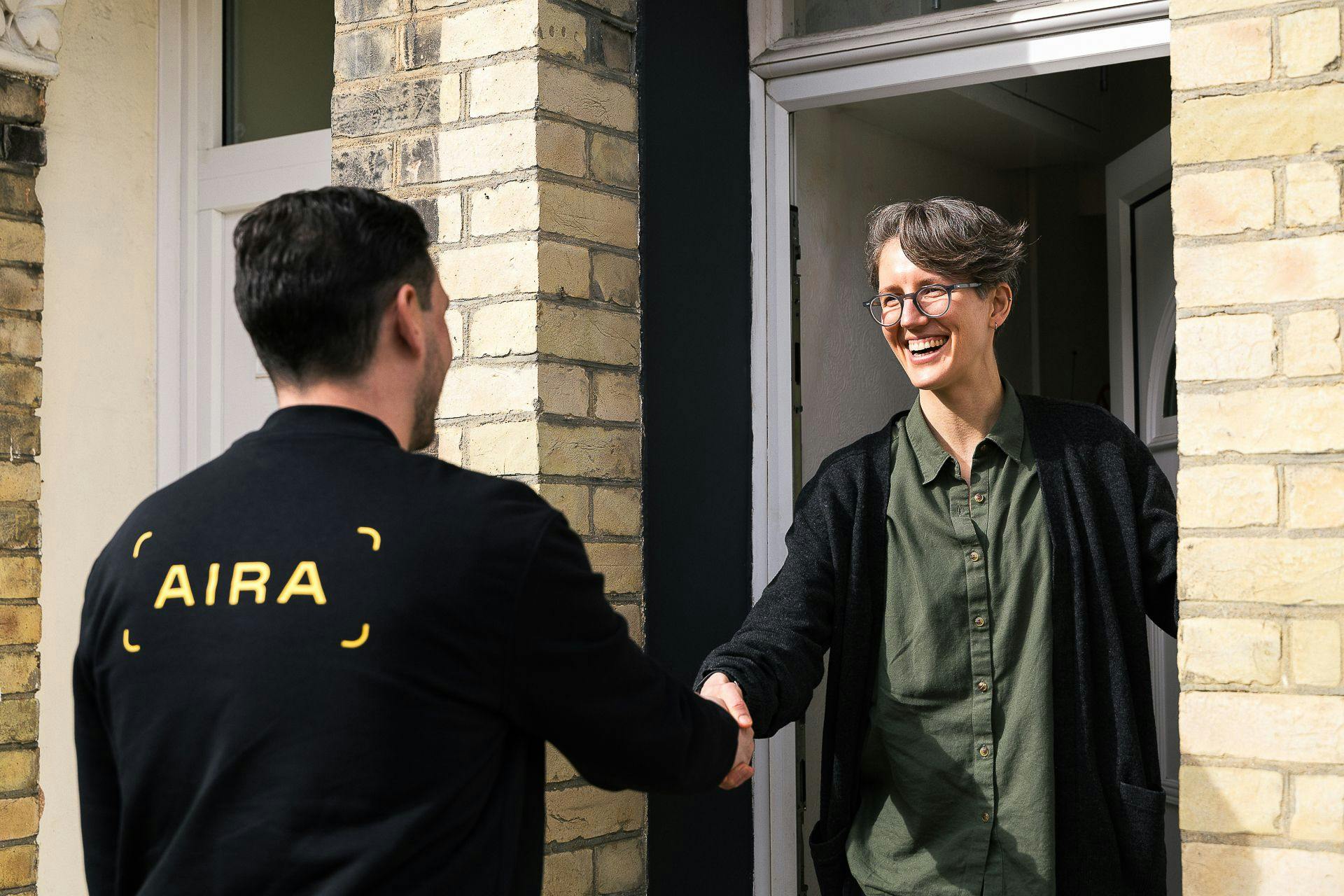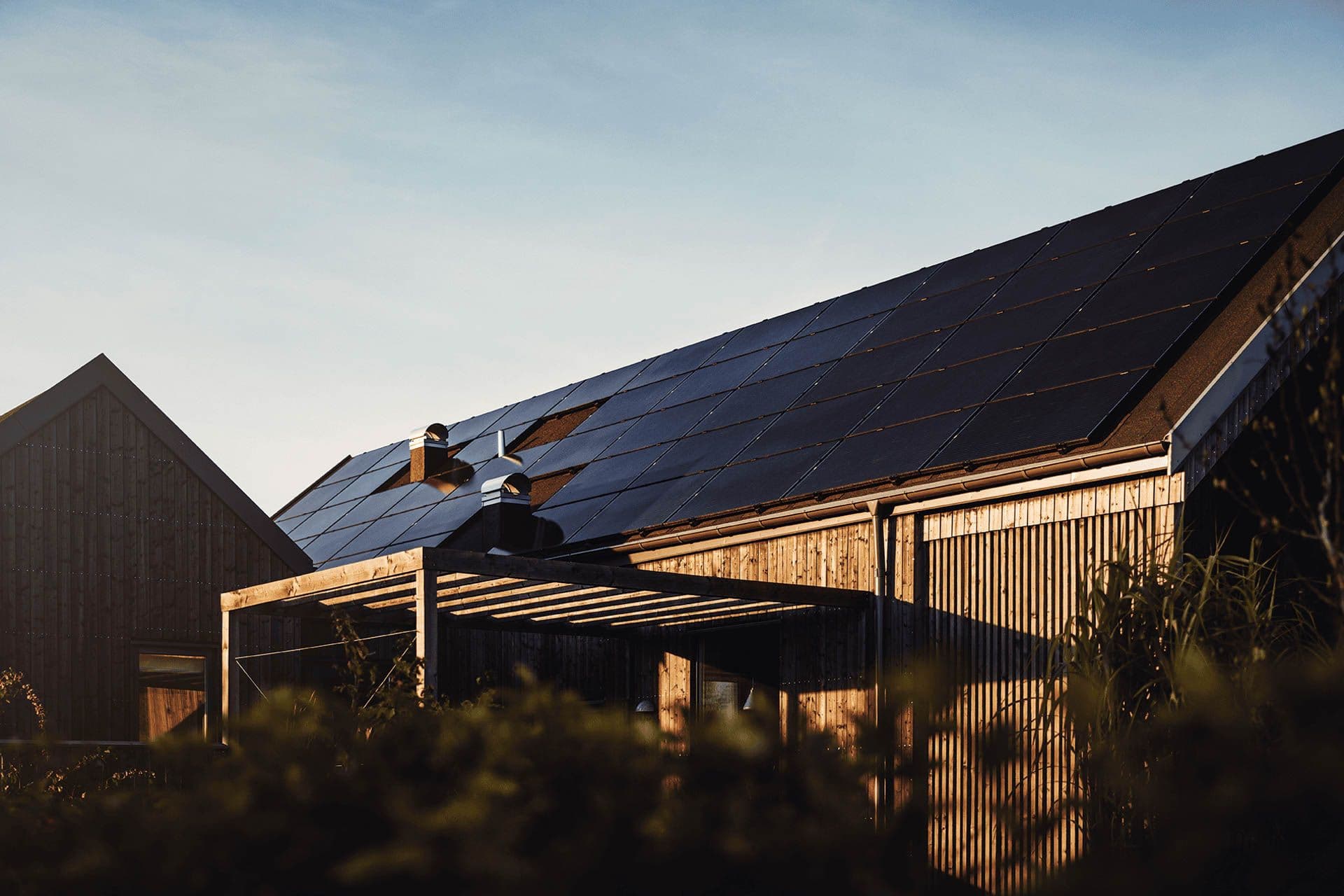17 December 2024
3 minute read
Written by:

Regina Onorato
Content Designer
How long does a heat pump take to heat water?

Key takeaways:
- Heat pumps heat water by efficiently transferring heat from outdoor air and have the ability to continuously heat water so you never go without
- While heat pumps produce lower temperature water, it’s still high enough to meet hot water needs
- During those rare periods of exceptionally high use, you have the option to make extra hot water
Heat pumps are known for their energy efficiency and are becoming increasingly popular for water and space heating. They work by transferring heat rather than generating it, providing an eco-friendly alternative to traditional systems like boilers. But you may be wondering if you’ll be left waiting a long time for fresh shower water.
How do heat pumps heat water?
Heat pumps transfer heat from ambient air to water by using a refrigerant cycle that absorbs heat from the air, compresses it to increase the temperature, and then transfers it to the water through a heat exchanger. This process achieves efficiency rates over 400%, or about four times more than gas boilers. Home air source heat pumps can reach temperatures of 35-55°C for heating and around 55-60°C for hot water use, making them ideal for homes with good insulation and low heating needs.
Factors affecting heating time
Several factors influence how quickly a heat pump heats water:
- Target Temperature: Higher temperatures require more time.
- Pump Efficiency: Heat pump models vary in performance; more efficient models work faster.
- Ambient Temperature: Colder air reduces heating speed, as more energy is needed to achieve the desired warmth.
Efficiency & size
Heat pumps provide over 4 kWh of heat per 1 kWh of electricity, far surpassing traditional systems like gas boilers with an efficiency of around 90%. To maximise efficiency, pair a heat pump with an appropriate water cylinder and insulation. Heat pump cylinders include larger coils to better capture the pump’s lower heat output, ensuring ample hot water supply.
Accurate wattage of the pump and the size of the cylinder are also essential for efficiency. An outdoor heat pump unit typically measures about 1m x 1m x 2m, while the hot water tank should ideally be 2m x 1m x 1m. Proper sizing helps optimise heating, and heat-pump-specific cylinders help maintain hot water on demand.
Heating timelines
Hot water heating time from cold depends on many factors, like the wattage of your heat pump and the size of your hot water tank. For example, if you have a smaller system with a 6 kWh heat pump and a 100 litre hot water tank, it will take 50 minutes for your tank to reheat from cold. With a larger system, like a 12 kWh heat pump and a 300 litre tank, the reheat time from cold is 74 minutes. Keep in mind, however, that your system will start reheating hot water almost as soon as you begin using is, making it rare to runout.
Heat pumps reach 45-50°C comfortably, but it may take extra time to reach the storage-safe temperature of 55-60°C. For those special occasions when you need more hot water, the Aira Home Energy app gives you the option to make extra hot water to meet all your needs.
Tips to optimise heating
- Limit heating sessions: Schedule water heating for 3-4 brief sessions daily, especially during low-demand hours and combine with a heat pump tariff like Cosy Octopus to heat your hot water at lower prices.
- Temperature settings: In the Aira Home Energy app, you can choose between three different heating setting to meet your needs — Eco saver (42°C), Standard (52°C), and Luxe (62°C). The warmer the tank temperature, the more hot water you have available at any given time.
- Making more hot water: Your Aira Heat Pump will learn your hot water needs over time so you always have enough. But on those special occasions when you really need more, it is possible to make more from the Aira Home Energy app. Keep in mind that using this feature will also use more energy, reducing the efficiency and energy savings of your pump. If you find yourself frequently needing more hot water, consider adjusting your tank temperature.
Conclusion
A heat pump is an efficient, eco-friendly solution for home water heating that effectively balances comfort and savings, especially with a well-planned system and optimised settings.
What type of house do you live in?
Keep learning
Similar articles to expand your knowledge

Published yesterday
Carl RobinsonThe Warm Homes Plan: what it really means for your energy bills
The UK’s new Warm Homes Plan confirms one thing: the future of cheaper energy is clean, electric homes. Here’s what the plan really means for homeowners. And how heat pumps, solar and home batteries can cut your bills long before 2030.

Published at 15 Jan 2026
Carl RobinsonIs a heat pump ideal for your semi-detached home?
Think heat pumps are only for large detached homes? In reality, semi-detached houses are perfectly suited to them. We delve into why heat pumps work so well in these homes and whether yours is ready for the swtich.

Published at 6 Jan 2026
Carl RobinsonSolar panels with home battery storage: is it worth it?
Solar panels generate free, 100% clean energy, but a home battery is what helps you use more of it. By storing excess solar power for later, battery storage can make solar far more effective. Here’s why solar and batteries belong together. And where Aira fits in.

Published at 19 Dec 2025
Carl RobinsonIs a heat pump ideal for your single-family detached home?
If you own a single-family detached home, you’re already in a strong position to switch to a heat pump. With full control over your space, insulation and energy use, heat pumps can deliver lower bills, steadier comfort and lower emissions all year round. Here’s what to know about performance, costs and everyday life with a heat pump in a single-family detached home.

Published at 17 Dec 2024
Carl RobinsonHeat pump efficiency explained: When is a heat pump most efficient and why
Heat pumps are the most efficient way to heat a UK home and are typically 4 times more efficient than a gas boiler. But what actually drives that efficiency? And when do heat pumps perform at their best? This guide breaks it down simply, from COP and SCOP to the real factors that shape performance.

Published at 2 Dec 2025
Carl RobinsonDo heat pumps work in older homes?
Thinking heat pumps are just for new builds? Think again. Many older homes can run a heat pump efficiently and affordably – cutting energy bills, reducing carbon emissions, and future-proofing your home. Just as a heat pump in a newbuild home would.